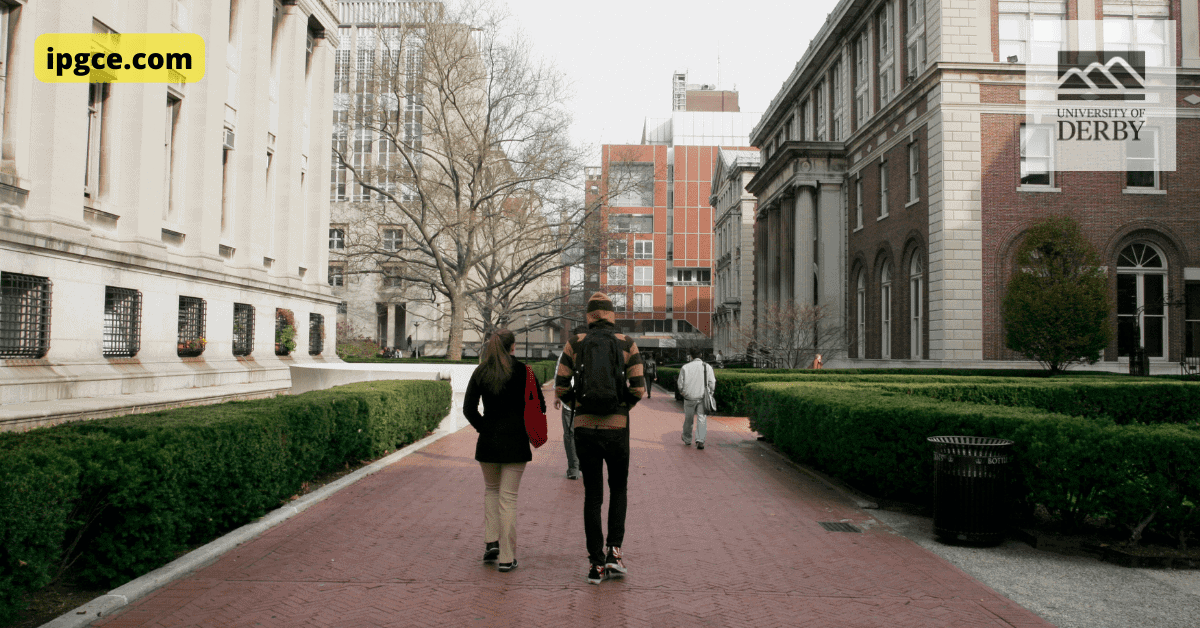For-Profit Colleges to be More Academically Stringent
The regulations advanced Tuesday by the Education Department would limit for-profit colleges’ revenue from enrolling military veterans and curtail their efforts to convert to nonprofit schools as the Biden administration steps up its policing of proprietary institutions.
Months in the making, the proposed rules signal a return to Barack Obama-era efforts to root out abuses at for-profit colleges, a campaign criticised by Republicans and industry groups.
Chief among the proposals is eliminating a loophole that excludes military and veterans’ education benefits from the 90/10 rule. That regulation requires for-profit colleges to derive no more than 90% of their revenues from federal sources, including student aid programs like Pell Grants. Veterans’ benefits have long been counted outside that 90%, meaning for-profit colleges could, in theory, rely almost entirely on taxpayer dollars to stay afloat.
The proposed rules would also make it harder for for-profit colleges to convert to nonprofit status, a manoeuvre used in the past to skirt regulations. And they would establish new criteria that schools must meet to participate in federal student aid programs.
For-profit colleges have come under intense scrutiny in recent years for their high costs, low graduation rates and questionable marketing practices. The Obama administration enacted a series of regulations aimed at reining the industry, but many of those were undone by the Trump administration.
The Education Department said the proposed rules are necessary to protect students and taxpayers from abusive practices. “For too long, some career training programs have taken advantage of students and left them saddled with debt they cannot afford to repay,” said Secretary of Education Miguel Cardona.
The department is seeking public comment on the proposals before finalising the rules. They would go into effect in July 2022 if enacted.
Republicans and industry groups criticised the proposals as overly burdensome and unnecessary. Sen. Rand Paul (R-Ky.), ranking member of the Senate Committee on Health, Education, Labor and Pensions, called the regulations “an egregious overreach by the federal government.”
And Steve Gunderson, president and CEO of Career Education Colleges and Universities, a trade group for for-profit colleges, said the proposals would “eviscerate access to quality higher education and job training for millions of Americans.”
But consumer advocates and Democrats praised the proposals as a much-needed step to hold for-profit colleges accountable. “This is a huge victory for students and taxpayers,” said Toby Merrill, director of the Project on Predatory Student Lending at Harvard Law School. “For too long, for-profit colleges have been able to game the system. These regulations will finally put an end to that.”
Rep. Bobby Scott (D-Va.), chairman of the House Committee on Education and Labor, called the proposed rules “a necessary step to protect students and taxpayers from abusive practices by for-profit colleges.”
Additionally, a bipartisan group of congressional lawmakers secured a provision in the 2021 American Rescue Plan to close the loophole, delaying the implementation of the change by two years. That gave the Education Department time to negotiate the rules with a panel of higher-education experts.
Under the proposed rules, for-profit schools must include all federal education assistance in their revenue calculation. They cannot delay the drawdown of federal financial aid funds past the end of the fiscal year to game the analysis.
“Predatory, deceptive practices that target veterans and service members have no place in our higher education system,” said Sen. Elizabeth Warren (D-Mass.), who has long called for stricter regulation of for-profit colleges. “I’m glad the Education Department is moving forward with these long overdue regulations.”
The proposed rules would also make it harder for for-profit colleges to convert to nonprofit status, a manoeuvre used in the past to skirt regulations. And they would establish new criteria that schools must meet to participate in federal student aid programs.
How do you feel about the Education Department’s proposed rules? Do you think they will protect students and taxpayers from abusive practices by for-profit colleges? Share your thoughts in the comments!
For more news on international education, follow us on IPGCE and WeChat.
Wechat Code:
Meet Our Successful Graduates: Learn how our courses have propelled graduates into rewarding
careers. Explore their success stories here!
Discover More About Your Future: Interested in advancing your teaching career? Explore our
IPGCE, MA, and QTS courses today!

Explore Our Courses: Ready to take the next
step in your education journey? View our
comprehensive course offerings now!



